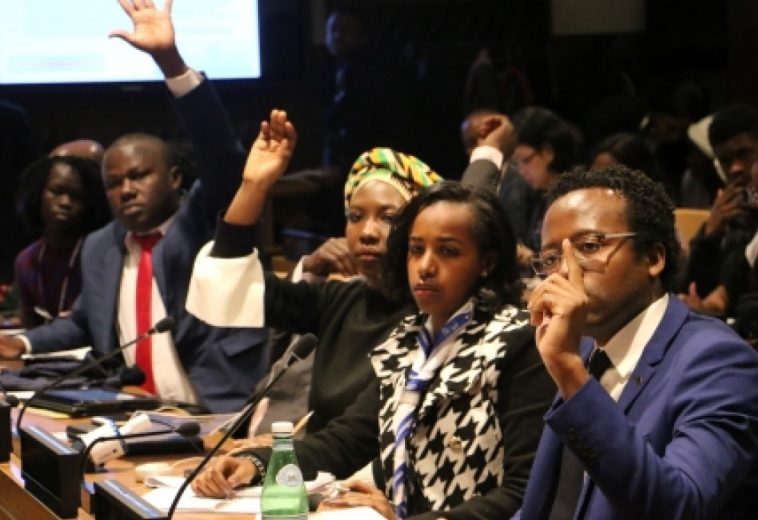A recent report has shed light on the devastating humanitarian crisis in Sudan, revealing that 14 months of conflict have pushed over 755,000 people into severe hunger, with 14 areas at risk of famine. The country is currently experiencing the world’s largest food insecurity. The conflict has resulted in massive displacement and significant economic losses; over 9.1 million people have been displaced since April 2023, and more than 2 million have fled to surrounding countries like Chad and South Sudan.
While efforts to combat hunger and provide relief to affected populations have made some progress, the broader impacts of the war continue to hinder the nation’s recovery. Posing a daunting challenge to those working to rebuild and restore stability in Sudan. The World Food Programme (WFP) has provided food and cash assistance to 6.8 million people, including refugees, internally displaced persons, host communities, and other residents.
The economic impact of the conflict has been devastating, with estimates suggesting over $15 billion in losses. This disruption affected key sectors, and industries with dire consequences, including widespread unemployment and loss of jobs. As a result, the unemployment rate has surged to approximately 28%. Infrastructure damage, including the destruction of roads, bridges, and public buildings, further hinders economic activities and access to necessities.
The war also affected the country’s healthcare system, with many hospitals and medical facilities left closed, damaged, or burnt. According to the United Nations, over 14,000 people have been killed and 33,000 wounded since then. However, human rights activists believe that the true toll could be much higher. The World Health Organization reports that 15 million people in Sudan lack access to healthcare, and between 70-80% of health facilities are not functioning.
In the city of Omdurman, hospital buildings lie deserted. Doctors warn that the few remaining operating facilities are at risk of closure due to limited resources and overcrowding, making it difficult for medical professionals to provide adequate care. At a dialysis center in Kassala state, Doctor Ammar Moatasem revealed that they are unable to follow proper treatment protocols due to the challenging conditions.
One patient, Awad Mohamed, expressed frustration at the lack of hope for a better future. The conflict, which began in April last year when tensions between the military and the Rapid Support Forces erupted into open fighting in Khartoum and elsewhere, has resulted in devastating consequences.
Efforts and Investments
The African Union has been a key player in efforts to bring peace and stability to Sudan, investing approximately $350 million in peacekeeping and conflict resolution initiatives since the conflict began.
The global response to Sudan’s humanitarian needs has been strong. Australia’s government donated $6 million in emergency funds, complementing contributions from the United States, which exceeded $600 million, and the European Union, allocating around $470 million. The United Nations, through its agencies, has mobilized over $700 million, primarily for food aid, refugee support, and other necessities. Additional aids from the UK, Germany, Canada, Norway, Japan, and GCC nations amount to more than $1.3 billion in combined support.
READ ALSO: 10 African Countries With the Youngest Population
Non-governmental organizations (NGOs) such as Save the Children, Doctors Without Borders, and Oxfam have also provided hundreds of millions of dollars in aid, concentrating on healthcare, education, and emergency relief. These collective efforts demonstrate the global commitment to supporting Sudan during this critical time.
The fight against hunger, displacement, and unemployment in Sudan is far from over, and continued support from the African Union and the global community is important. Enhanced coordination among humanitarian agencies, increased funding, and sustained diplomatic efforts to end the conflict are critical to ensuring long-term food security and stability in the region.


